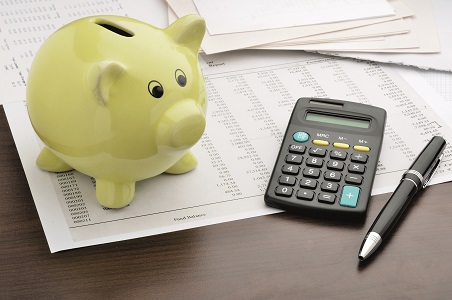Helping you prosper
What is child benefit?
Child benefit is a payment made by the government to those who are responsible for raising a child. The current rate for the 2022/23 tax year is £21.80 per week for the eldest or only child and £14.45 per week for any other children. The child must be under the age of 16 or under the age of 20 if they are still in education or training.
Who is affected by the High Income Child Benefit Charge?
You may have to pay the High Income Child Benefit Charge (HICBC) if you or your partner have an individual income that’s over £50000 and either:
- You or your partner receive Child Benefit
- Someone else gets Child Benefit for a child living with you and they contribute at least an equal amount towards the child’s upkeep (it does not matter if the child living with you is not your own child)
The HICBC is controversial as it can affect basic-rate taxpayers, despite being introduced to target high earners. The earnings threshold for HICBC includes all income, including bonuses, rental income, and interest on savings.
Should you claim the benefit if your income is over the threshold?
If your income is over the threshold, you can choose to either:
- Receive Child Benefit payments and pay any tax charge at the end of each tax year
- Opt out of getting payments and not pay tax charge
If you decide to opt out of getting Child Benefit payments, you should still fill in the Child Benefit Claim form. You will need to state on the form that you do not wish to receive the payments but by completing the form you will:
- Get National Insurance credits, which count towards your State Pension (if one partner earns less than £12570 a year the form should be completed in their name)
- Get your child a National Insurance number without them having to apply for one – it will be automatically issued before they turn 16 years old
What should you do if you are already receiving Child Benefit payments?
If you are already receiving payments and your income or your partner’s income exceeds the £50,000 then you have a choice, you can either:
- Opt out of getting Child benefit payments
- Carry on receiving Child Benefit payment and you can pay any tax charge at the end of each tax year.
How do you pay the HICBC?
To pay the tax charge, you must:
- Register for Self Assessment
- Fill in a Self Assessment tax return each tax year and pay what you owe by 31 January after the 5 April
Its important to note that if you do not usually complete a tax return you need to register by 5 October following the tax year you need to pay the charge.
You may receive a penalty if you do not register for Self Assessment or do not declare child benefit on your Self Assessment tax return.
Need advice?
If you have any questions about the High Income Benefit Charge, please contact our friendly team of tax and business advisors. Call us on 01462 687333 or email letchworth@uhy-uk.com




